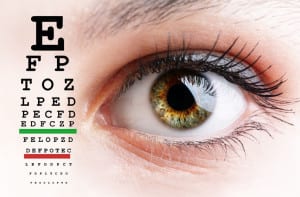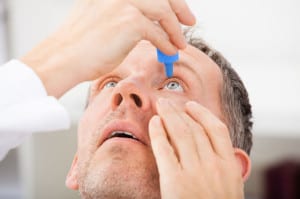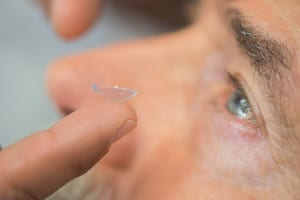Your eyes are a vital component of your overall health. There are a number of things you need to do make sure your vision is in the best shape possible. Follow these tips to ensure your eyes are healthy now and for many years to come.
Know your family’s eye health history
Ask your family members about their eye health history. It is important to know if anyone has been diagnosed with any eye conditions or diseases since many of these are hereditary. This information will help you determine if you are at a higher risk of developing an eye condition or disease.
Eat better for better eyes
Your eyes are what you eat. You will need to eat more than carrots, however, to keep your vision in tip-top shape. Eat a diet that is rich in fruits and vegetables, especially dark leafy greens, such as spinach, kale and collard greens. Several studies also show fish that is high in omega-3 fatty acids, such as tuna, salmon and halibut, can be beneficial to your eyes.
Maintain a healthy weight
Being overweight or obese can increase your risk of developing diabetes and other systemic conditions, which can lead to vision loss. Maintaining a healthy weight can help you avoid these issues.
Wear shades
Anytime you are outside and the sun is out, you should have some shades on. Sunglasses will help protect your eyes from the sun’s harmful UV rays. When purchasing sunglasses, look for ones that block out 99 to 100 percent of both UV-A and UV-B radiation.
Get an annual eye exam
When was your last eye exam? Getting your eyes checked at least once per year is recommended by vision professionals.
Each of the tips above will help you maintain healthy vision throughout your lifetime. If you are due for an eye exam or need to get your eyes checked due any issue or anything else concerning you, schedule an appointment with our staff at Utah Eye Centers by calling 801-476-0494.







